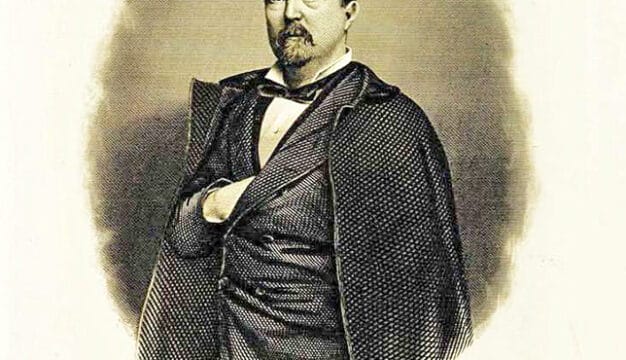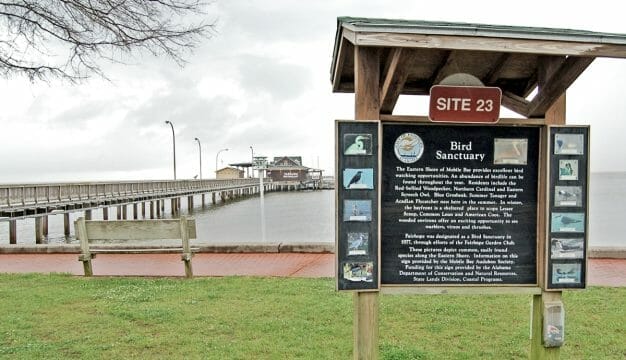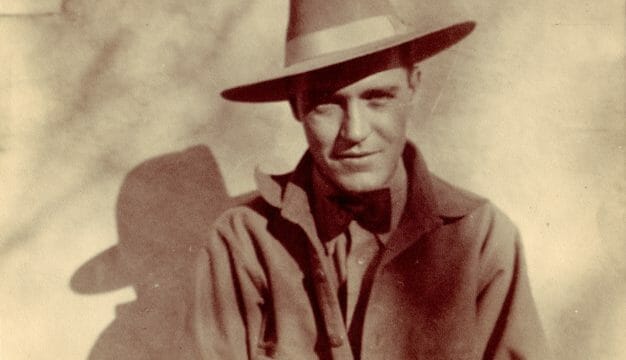Jimmie Lee Jackson
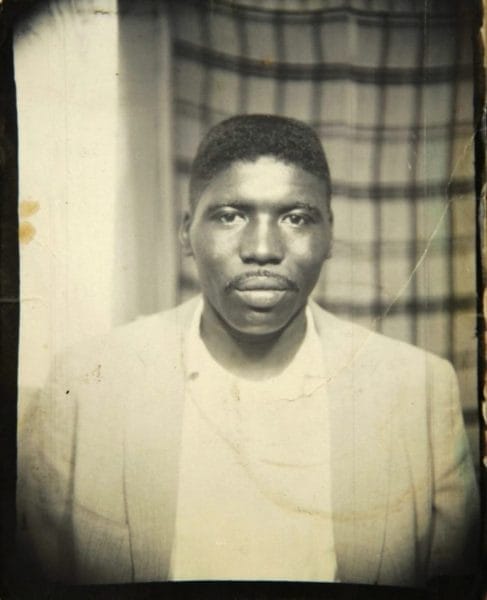 Jimmie Lee Jackson
Activist Jimmie Lee Jackson (1938-1965) is remembered for his tragic death at 26 years old at the hands of an Alabama state trooper during a small protest as part of the larger civil rights movement in Marion, Perry County. His death was eulogized by Martin Luther King Jr., and other movement leaders called for a march from Selma to Montgomery to protest Jackson’s death and advocate for voting rights. That March 7 event ended prematurely with a violent response from law enforcement that quickly became known as “Bloody Sunday,” but it prompted federal lawmakers to pass the 1965 Voting Rights Act.
Jimmie Lee Jackson
Activist Jimmie Lee Jackson (1938-1965) is remembered for his tragic death at 26 years old at the hands of an Alabama state trooper during a small protest as part of the larger civil rights movement in Marion, Perry County. His death was eulogized by Martin Luther King Jr., and other movement leaders called for a march from Selma to Montgomery to protest Jackson’s death and advocate for voting rights. That March 7 event ended prematurely with a violent response from law enforcement that quickly became known as “Bloody Sunday,” but it prompted federal lawmakers to pass the 1965 Voting Rights Act.
Jackson, born in Marion, was a farmer and woodcutter who lived in poverty with his sister, mother, and grandfather in a house with no running water. Jackson was the youngest deacon in the history of Marion’s St. James Baptist Church and was active in its voter registration drive.
On the night of February 18, 1965, Jackson joined a group of African Americans protesting the jailing of James Orange, a local Southern Christian Leadership Conference (SCLC) official. In streets that may have been deliberately darkened, local police and Alabama State troopers, led by Col. Al Lingo, responded to the protest with force. Some of the demonstrators were chased into Mack’s Café, located near the movement’s headquarter at Zion’s Chapel Methodist Church. Inside the café, Jackson came to the defense of his mother, Viola, and his 82-year-old grandfather, Cager Lee Jackson, who were being beaten by state troopers and other law enforcement officials. Jackson was also beaten and then shot in the stomach by trooper James Bonard Fowler. He was taken to Perry County Hospital and later transferred to Good Samaritan Hospital in Selma. (Some sources report that Jackson was shot once, but Fowler later said that he thinks he might have shot Jackson twice. Fowler was never questioned by local, state, or federal authorities over the shooting until his arrest in 2007). Meanwhile, Lingo had Jackson arrested and charged with assaulting a law officer. Jackson suffered from a horribly painful bullet wound for eight days before he died on February 26.
Jackson’s death is seen by many as the spark that ignited the aborted march on March 7 from Selma to Montgomery that prompted federal lawmakers to pass the 1965 Voting Rights Act. An uncharacteristically intense Martin Luther King delivered the eulogy at Jackson’s funeral on March 3 and publicly admonished Pres. Lyndon Johnson over the wanton and evidently legally sanctioned police brutality. King asked why the government could spend millions defending democracy in South Vietnam but would not do the same thing for its own citizens in America.
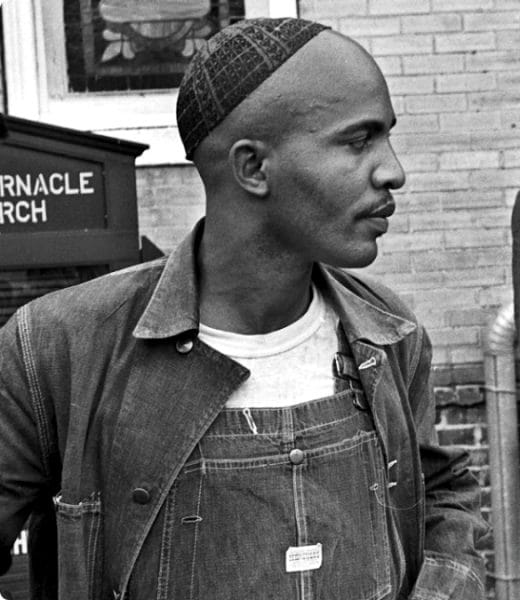 James Bevel
Minister James Bevel of SCLC suggested that a march take place from Marion to Montgomery to lay Jackson’s casket on the steps of the capitol to protest the killing. The starting point was moved to Selma. On March 7, 600 demonstrators, including future U.S. Congressman John Lewis and Cager Lee (at Bevel’s invitation), left Brown’s Chapel AME Church, and many were brutally beaten by Alabama state troopers as they attempted to cross the Edmond Pettus Bridge on what became known as Bloody Sunday. Two weeks later on March 21-25, the marchers, again joined by Cager Lee, set out again along Highway 80 from Selma to Montgomery, this time protected by the Alabama National Guard under federal control. They were joined by 3,000 supporters from across the nation, and the crowd grew to more than 25,000 by the time it reached the capitol in Montgomery.
James Bevel
Minister James Bevel of SCLC suggested that a march take place from Marion to Montgomery to lay Jackson’s casket on the steps of the capitol to protest the killing. The starting point was moved to Selma. On March 7, 600 demonstrators, including future U.S. Congressman John Lewis and Cager Lee (at Bevel’s invitation), left Brown’s Chapel AME Church, and many were brutally beaten by Alabama state troopers as they attempted to cross the Edmond Pettus Bridge on what became known as Bloody Sunday. Two weeks later on March 21-25, the marchers, again joined by Cager Lee, set out again along Highway 80 from Selma to Montgomery, this time protected by the Alabama National Guard under federal control. They were joined by 3,000 supporters from across the nation, and the crowd grew to more than 25,000 by the time it reached the capitol in Montgomery.
In March 2005, Fowler admitted publicly for the first time to shooting Jackson but maintained that he did so in self-defense, as he and Jackson wrestled for control of Fowler’s service revolver. On May 9, 2007, more than four decades after the killing of Jackson, a grand jury issued an indictment regarding his death. On May 10, the 73-year-old Fowler surrendered to authorities. He claimed that, as an Alabama state trooper charged with keeping the peace, he was forced to shoot Jackson in self-defense. Without regret or remorse, Fowler said he was only following orders. In November 2010, Fowler pleaded guilty to second-degree manslaughter and was sentenced to six months in jail, although he had been charged with murder originally. In March 2016, the town of Marion unveiled a historical marker honoring Jackson in front of the Perry County Courthouse.
Additional Resources
Ciment, James. Atlas of African American History. New York: Checkmark Books, 2001.
Katz, William Loren. Eyewitness. New York: Touchstone Books, 1995.
Lowery, Charles D., Marszalek, John F. (editors). Encyclopedia of African American Civil Rights: From Emancipation to the Present. New York: Greenwood Press, 1992.
Santon, Mary. From Selma to Sorrow: The Life and Death of Viola Liuzzo. Athens: University of Georgia Press, 1998.
